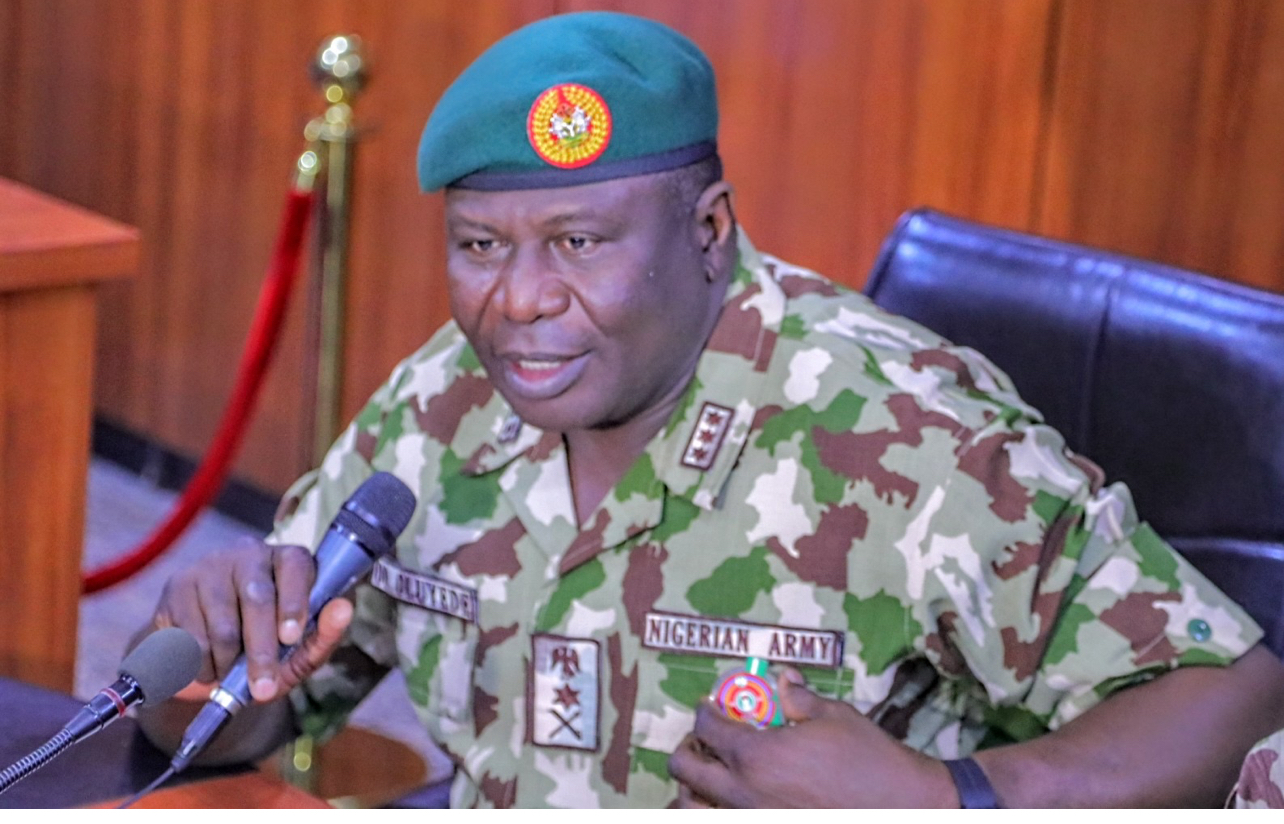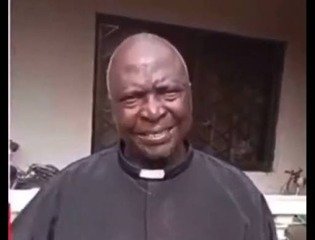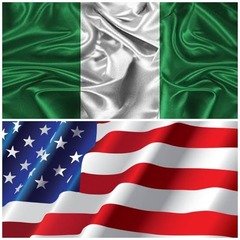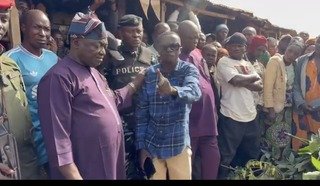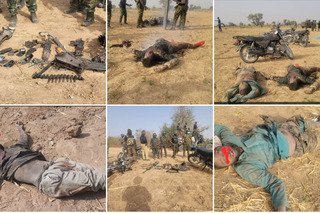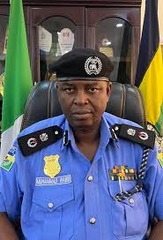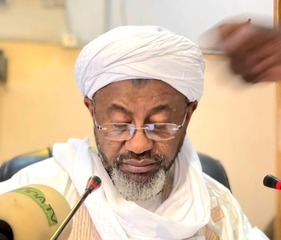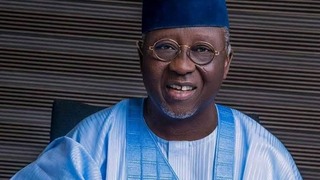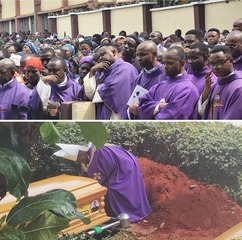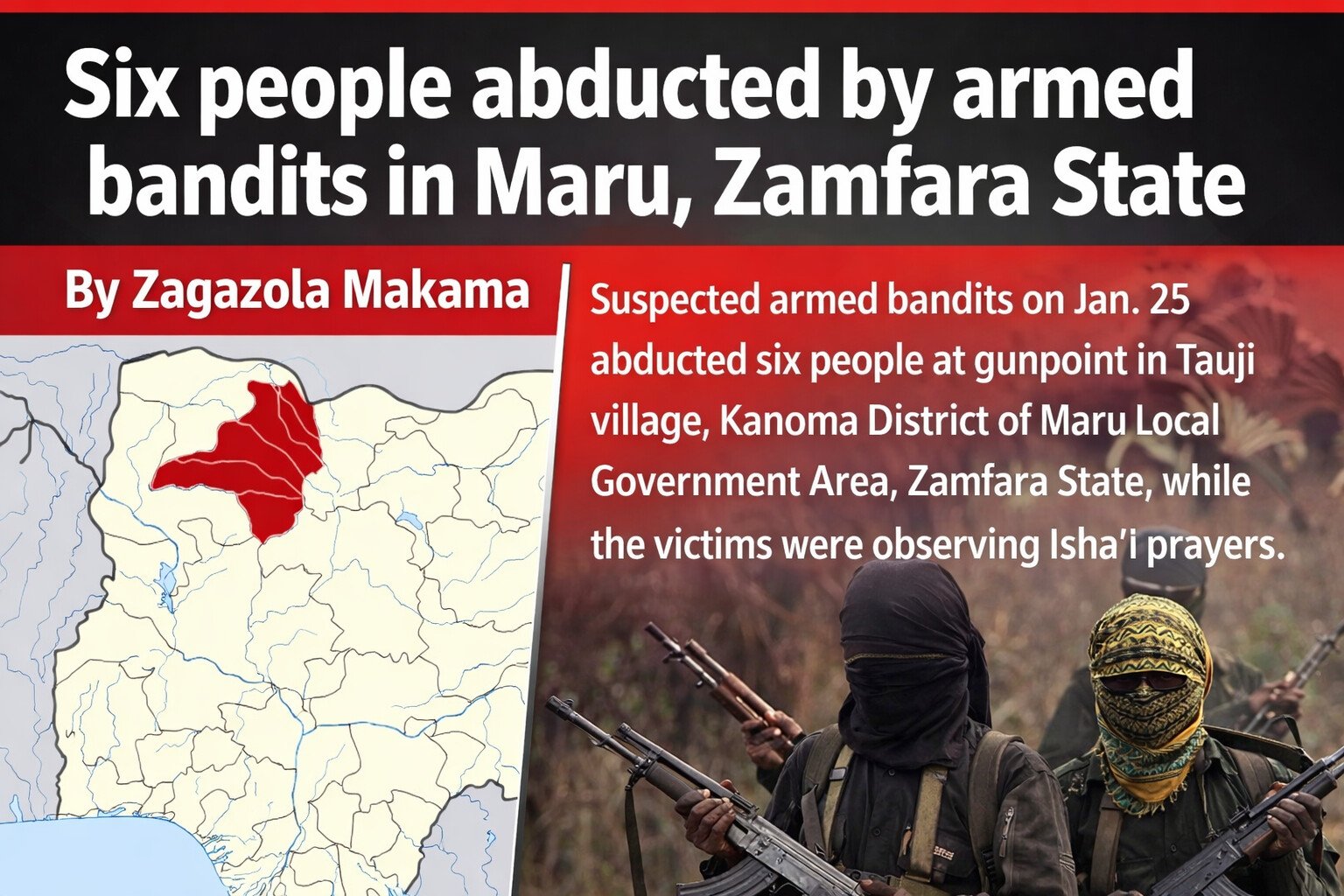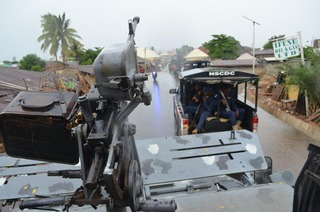Tinubu grants pardon, clemency to 175 convicts, corrects colonial injustice against Herbert Macaulay
President Bola Ahmed Tinubu has granted presidential pardon and clemency to 175 convicts and former convicts, including late Major-General Mamman Vatsa, Ken Saro-Wiwa, and other members of the “Ogoni Nine”.
The gesture, which also included the posthumous pardon of Sir Herbert Macaulay, was announced following the presentation of the report of the Presidential Advisory Committee on the Prerogative of Mercy at the Council of State meeting chaired by the President on Thursday.
According to the Special Adviser to the President on Information and Strategy, Mr Bayo Onanuga, the President exercised his constitutional powers of mercy based on recommendations by the committee chaired by the Attorney-General of the Federation and Minister of Justice, Prince Lateef Fagbemi (SAN).
He said the committee reviewed cases of inmates and former convicts who demonstrated genuine remorse, good conduct, old age, or had acquired vocational and academic skills during incarceration, particularly through enrolment in the National Open University of Nigeria (NOUN).
Among those granted full pardon are former House of Representatives member Hon. Farouk Lawan, Barr. Hussaini Alhaji Umar, and Ayinla Saadu Alanamu. Others include Dr. Nwogu Peters, Mrs. Anastasia Daniel Nwaoba, and Nweke Francis Chibueze.
The posthumous pardon category included Major-General Mamman Vatsa, executed in 1986 for alleged coup plotting, and nationalist Sir Herbert Macaulay, convicted in 1913 by British colonial authorities.
President Tinubu also granted posthumous pardon to environmental activist Ken Saro-Wiwa and eight other Ogoni leaders executed in 1995—Saturday Dobee, Nordu Eawa, Daniel Gbooko, Paul Levera, Felix Nuate, Baribor Bera, Barinem Kiobel, and John Kpuine.
Additionally, the victims of the Ogoni Nine incident—Chief Albert Badey, Chief Edward Kobaru, Chief Samuel Orage, and Chief Theophilus Orage—were formally honoured.
The President further approved clemency and commutation of sentences for 82 inmates, while 65 others had their jail terms reduced. Seven inmates on death row had their sentences commuted to life imprisonment.
Among those granted clemency are several drug offenders, remorseful illegal miners, and convicts with proven rehabilitation records. The list included Maryam Sanda, convicted in 2020 for culpable homicide, who was released after showing remorse, embracing reformation, and on compassionate grounds related to her children.
Notably, 80 convicted illegal miners also benefited from the clemency programme, with Senator Ikra Aliyu Bilbis signing an undertaking to oversee their rehabilitation and empowerment.
Prominent among those whose sentences were reduced are former University of Agriculture, Makurdi Vice Chancellor, Prof. Magaji Garba, and Major S.A. Akubo, convicted in 2009 for illegal arms removal.
The seven convicts whose death sentences were commuted to life imprisonment include Emmanuel Baba, Emmanuel Gladstone, Moses Ayodele Olorunfemi, Abubakar Usman, Khalifa Umar, Benjamin Ekeze, and Mohammed Umar.
Onanuga said President Tinubu’s decision was in line with his commitment to justice reform, compassion, and the reintegration of reformed convicts into society.
“The President’s gesture reflects his belief in restorative justice and the correction of historical wrongs, including those perpetrated during the colonial era,” the statement added.
In a gesture of national healing, President Tinubu formally pardoned the “Ogoni Nine” — Ken Saro-Wiwa, Saturday Dobee, Nordu Eawa, Daniel Gbooko, Paul Levera, Felix Nuate, Baribor Bera, Barinem Kiobel, and John Kpuine — whose executions in 1995 sparked global outcry. The government also honoured the four Ogoni chiefs who were victims in that tragedy: Chief Albert Badey, Chief Edward Kobaru, Chief Samuel Orage, and Chief Theophilus Orage.
Beyond full pardon, the President granted clemency to 82 inmates and reduced or commuted sentences for 65 others, citing good conduct, remorse, education, ill health, and age. Among those whose sentences were commuted or reduced are Aluagwu Lawrence, Ben Friday, Oroke Michael Chibueze, Kelvin Christopher Smith, Azubuike Jeremiah Emeka, Akinrinnade Akinwande Adebiyi, Ahmed Adeyemo, Adeniyi Jimoh, Seun Omirinde, Adesanya Olufemi Paul, Ife Yusuf, Daniel Bodunwa, Fidelis Michael, Suru Akande, Safiyanu Umar, Dahiru Abdullahi, Hamza Abubakar, Rabiu Alhassan Dawaki, Mujibu Muhammad, Emmanuel Eze, Bala Azika Yahaya, Lina Kusum Wilson, Buhari Sani, Mohammed Musa, Muharazu Abubakar, Ibrahim Yusuf, Saad Ahmed Madaki, Ex-Corporal Michael Bawa, Richard Ayuba, Adam Abubakar, Emmanuel Yusuf, Edwin Nnazor, Chinedu Stanley, Joseph Nwanoka, Johnny Ntheru, John Omotiye, Nsikat Edet Harry, Jonathan Asuquo, Prince Samuel Peters, Babangida Saliu, Adamu Sanni, Abdulkarem Salisu, Abdulaziz Lawal, Abdulrahman Babangida, Maharazu Alidu, Zaharadeen Baliue, Babangida Usman, Zayyanu Abdullahi, Bashir Garuba, Imam Suleman, Abbeh Amisu, Lawani Lurwanu, Yusuf Alhassan, Abdulahi Isah, Zayanu Bello, Habeeb Suleman, Jubrin Sahabi, Shefiu Umar, Seidu Abubakar, Haruna Abubakar, Rabiu Seidu, Macha Kuru, Zahradeen Aminu, Nazipi Musa, Abdullahi Musa, Habibu Safiu, Husseni Sani, Musa Lawali, Suleiman Lawal, Yusuf Iliyasu, Sebiyu Aliyu, Halliru Sani, Shittu Aliyu, Sanusi Aminu, Isiaka Adamu, Mamman Ibrahim, Shuaibu Abdullahi, Sanusi Adamu, Sadi Musa, Haruna Isah, Abiodun Elemero, and Maryam Sanda.
In addition were individuals whose prison terms were reduced: Yusuf Owolabi, Ifeanyi Eze, Malam Ibrahim Sulaiman, Shettima Maaji Arfo, Ajasper Benzeger, Ifenna Kennechukwu, Mgbeike Matthew, Patrick Mensah, Obi Edwin Chukwu, Tunde Balogun, Lima Pereira Erick Diego, Uchegbu Emeka Michael, Salawu Adebayo Samsudeen, Napolo Osariemen, Patricia Echoe Igninovia, Odeyemi Omolaram, Vera Daniel Ifork, Gabriel Juliet Chidimma, Dias Santos Marcia Christiana, Alh. Ibrahim Hameed, Alh. Nasiru Ogara Adinoyi, Chief Emeka Agbodike, Isaac Justina, Aishat Kehinde, Helen Solomon, Okoye Tochukwu, Ugwueze Paul, Mutsapha Ahmed, Abubakar Mamman, Muhammed Bello Musa, Nnamdi Anene, Alh. Abubakar Tanko, Chisom Francis Wisdom, Innocent Brown Idiong, Iniobong Imaeyen Ntukidem, Ada Audu, Bukar Adamu, Kelvin Oniarah Ezigbe, Frank Azuekor, Chukwukelu Sunday Calisthus, Prof. Magaji Garba, Markus Yusuf, Samson Ajayi, Iyabo Binyoyo, Oladele Felix, Rakiya Beida, Nriagu Augustine Ifeanyi, Chukwudi Destiny, Felix Rotimi Esemokhai, Major S.A. Akubo, John Ibiam, Omoka Aja, Chief Jonathan Alatoru, Umanah Ekaette Umanah, Utom Obong Thomson Udoaka, Jude Saka Ebaragha, Frank Insort Abaka, Shina Alolo, Joshua Iwiki, David Akinseye, Ahmed Toyin, Shobajo Saheed, Adamole Philip, Mathew Masi, Bright Agbedeyi.
Furthermore, seven inmates on death row had their sentences commuted to life in prison: Emmanuel Baba, Emmanuel Gladstone, Moses Ayodele Olorunfemi, Abubakar Usman, Khalifa Umar, Benjamin Ekeze, and Mohammed Umar.
President Tinubu justified the exercise by referencing the constitutional prerogative of mercy and the criteria adopted by the committee, which included old age, ill health, exemplary conduct, remorse, acquisition of vocational skills, and rehabilitation. Observers say the move signals a renewed focus on rehabilitation, justice reform, and national reconciliation, as the government seeks to correct both contemporary and colonial-era injustices.

